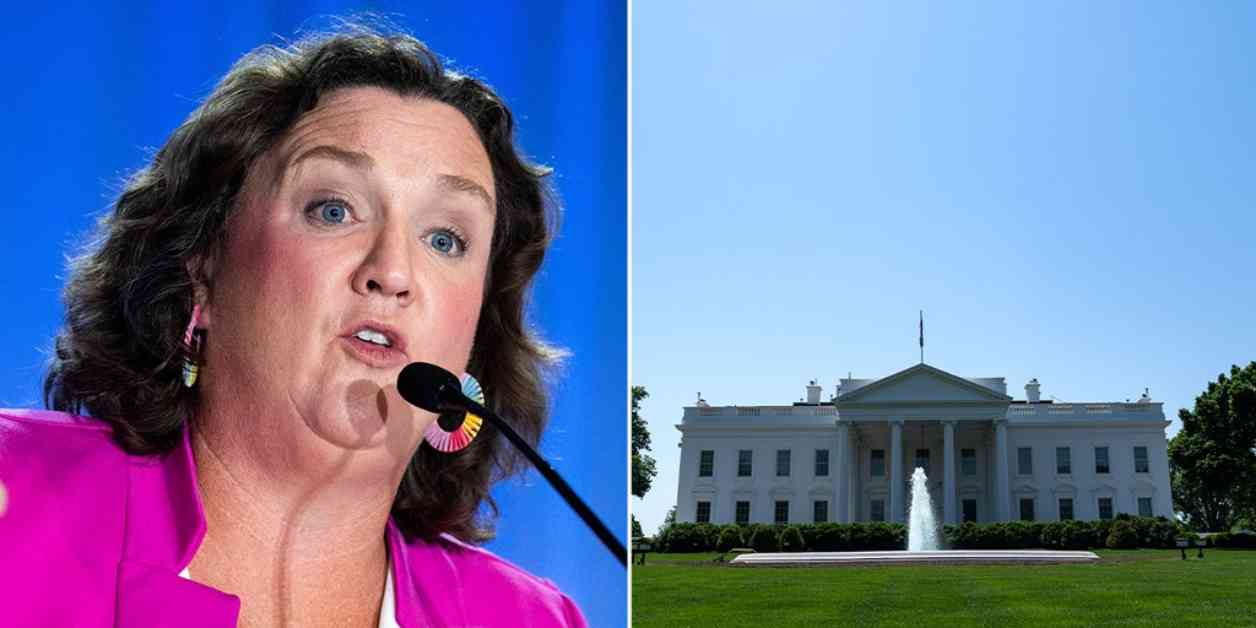A Democratic member of the House Oversight Committee, Rep. Katie Porter from California, recently accused the White House of obstructing a bipartisan presidential ethics bill that she had been working on with Rep. James Comer from Kentucky. The bill, known as the Presidential Ethics Reform Act, aimed to address issues related to financial disclosures and family members participating in official travel junkets.
Porter claimed that several Democratic co-sponsors withdrew their support for the bill after conversations with the White House. Despite her efforts to recruit bipartisan support, the deal fell apart while she was traveling back to Washington. Porter expressed disappointment that the co-sponsors had decided not to back the bill after speaking with the White House.
The bill, introduced by Comer in May and currently with Porter as the sole co-sponsor, requires presidents and vice presidents to disclose payments or gifts from foreign sources before, during, and after their terms. It also mandates disclosure of significant payments between family members during the same period and sets stricter rules for conflicts of interest.
While the White House did not respond to requests for comment, the bill did receive public support from billionaire investor Mark Cuban. The legislation is seen as a step towards greater transparency in financial interactions related to the presidency to prevent corruption and influence peddling in Washington.
Porter’s remarks during a Biden impeachment inquiry hearing highlighted the need for stronger rules to prevent corruption and influence peddling among politicians from both parties. Comer expressed his commitment to working with Porter on the legislation, emphasizing the importance of creating a culture of transparency and accountability in government.
The bill, currently under review by the Oversight Committee, addresses deficiencies in existing laws that have allowed for a culture of corruption in Washington. By requiring greater transparency in financial interactions related to the presidency, the bipartisan legislation aims to prevent presidents, vice presidents, and their family members from profiting from their positions of power.
In conclusion, the bipartisan presidential ethics bill, despite facing obstacles from the White House and some Democratic co-sponsors, represents a significant effort to combat corruption and influence peddling in government. The push for greater transparency and accountability in financial dealings related to the presidency underscores the importance of upholding ethical standards in public office.





















